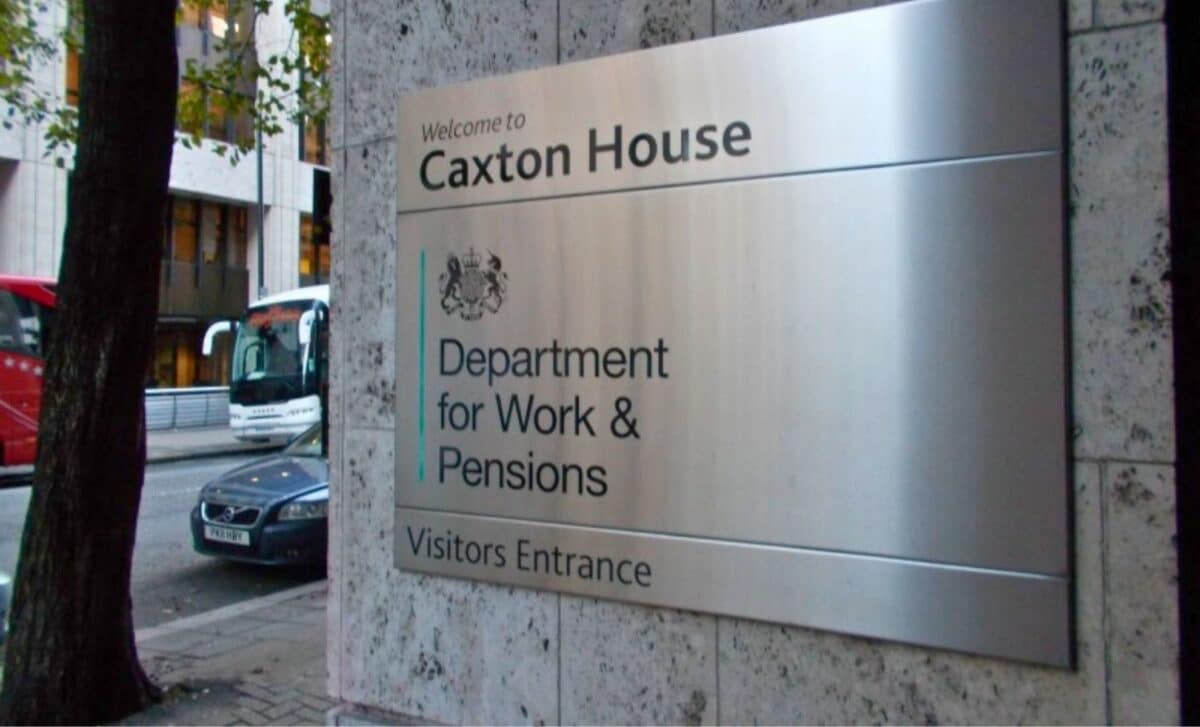The Equality and Human Rights Commission (EHRC) is currently conducting an investigation on the Department for Work and Pensions (DWP) over suspicions of law-breaking in its treatment of disabled benefits recipients.
EHRC Investigates DWP Over Unfair Benefits Assessments and Treatment of Disabled Claimants
Britain’s human rights watchdog is formally investigating the treatment of the chronically ill and disabled people by welfare officials, including benefits decisions that subsequently led to several deaths amongst the most vulnerable claimants.
The Equality and Human Rights Commission (EHRC) stated that it would closely examine whether the Department for Work and Pensions’ ministers had committed unlawful acts by failing to protect recipients with learning disabilities or serious mental illness.
Labour MP Debbie Abrahams, a long-term campaigner, commented on the issue, saying: “I welcome the EHRC’s decision to use the full force of its powers and officially launch an investigation into the DWP and the tragic deaths of vulnerable welfare claimants.”
The main focus of the investigation will be on health checks that evaluate individuals’ eligibility for disability benefits, such as personal independence payment (PIP) and “fit for work” checks that qualify recipients for the disability elements of universal credit.
Kishwer Falkner, the chair of the EHRC, stated: “We are extremely worried about the treatment of some disabled benefits claimants by the DWP. We suspect the department may have broken equality law. We have decided we need to take the strongest possible action and that’s why we’ve launched this investigation.”
EHRC Escalates Investigation into DWP’s Handling of Benefit Assessments After Tragic Deaths
Campaigners have prolongedly argued that benefit tests are poorly designed, punitive and demeaning. Consequently, vulnerable claimants are placed at risk of unfairly losing benefit entitlements, leading to poverty and death in extreme cases.
Unfair benefit assessments have been in the middle of several high-profile cases, including Errol Graham, a grandfather with mental health issues who was left starving to death alone in his flat months after his benefits were cut off.
Last year the mother of Jodey Whiting, a seriously mentally ill mother who took her own life two weeks after her benefits were wrongly stopped in 2017, won an appeal for a new inquest into her daughter’s tragic death.
In the period stretching from 2014 to 2020, government auditors identified at least 69 cases where suicides had been linked to issues with benefit claims. Following these tragic events, the DWP promised to review its safeguarding guidance to assist vulnerable claimants rather than simply cutting off their benefits.
The inquiry marks an important escalation in the EHRC’s interest in the DWP’s treatment of benefit recipients, which has been progressing quietly since early 2021 after Abrahams and other MPs requested an examination from the watchdog over “deaths of vulnerable claimants by suicide and other causes.”
The watchdog and the DWP were expected to sign a voluntary agreement to commonly address concerns over the equity of benefits assessment processes, however the EHRC seems to have lost patience with ministers and has chosen to conduct a full-scale investigation.
Former and current welfare ministers along with senior DWP officials may be asked to provide proof to the investigation, which is also calling for submissions from whistleblowers who worked for the department or private contractors who fulfilled benefit assessments, like Maximus, Atos and Capita.
The inquiry will mainly cover the period from January 2021 to the present. During this time three secretaries of state for work and pensions were involved: the incumbent Mel Stride, Thérèse Coffey and Chloe Smith, who occupied the position for a few weeks in autumn 2022.
Abrahams declared: “I am pleased that the EHRC have now said enough is enough and will be undertaking a formal investigation. I hope this can be done as a matter of urgency.”










Since 2010, David Cameron gave benefit claimants the label of, “scrounger!” All my neighbours, hairdressers, food delivery to my property have assessed my health, and been approached by authorities to extract information about my life and my illness. These people have no medical training.